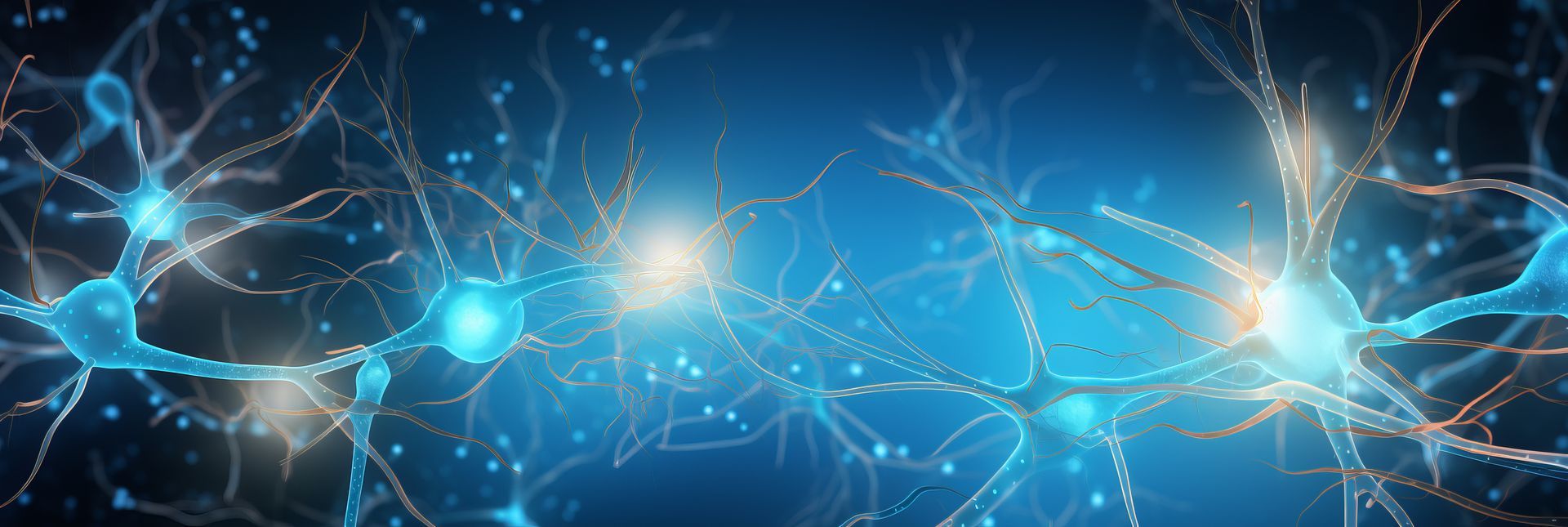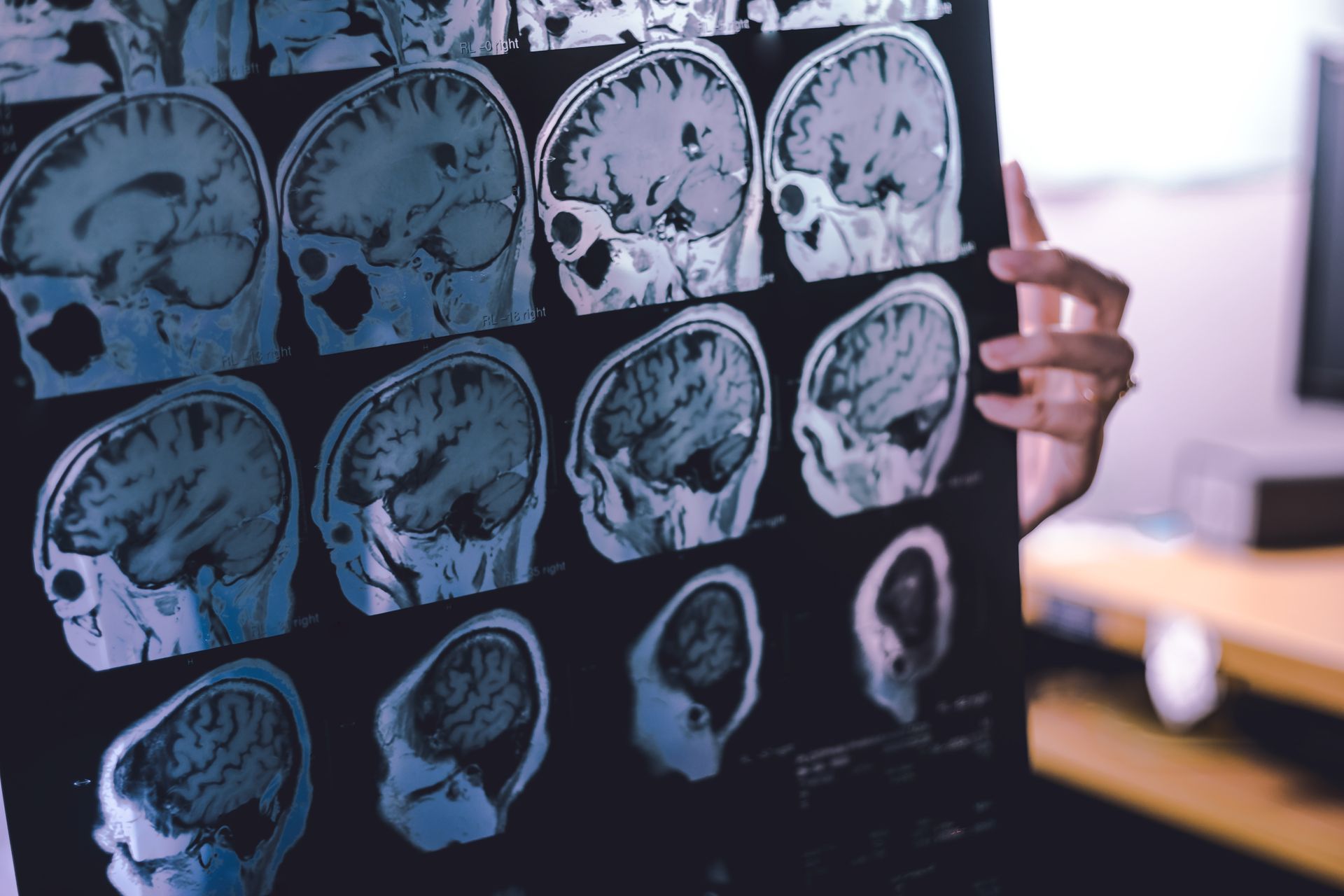Disability Awareness Hub: Spotlight on SHINE Syndrome

SHINE Syndrome: Understanding a Rare Genetic Condition
At helpz, we’re passionate about raising awareness and supporting individuals with rare and complex conditions.
One such condition is SHINE Syndrome, a recently named genetic disorder that affects brain development and function. First identified in 2021, SHINE Syndrome is linked to mutations in the DLG4 gene, which disrupts the production of a key brain protein called PSD95—essential for healthy brain cell communication.
What Does SHINE Stand For?
SHINE is an acronym that captures the core challenges faced by individuals with the syndrome:
S – Sleep issues
H – Hypotonia (low muscle tone or floppiness)
I – Intellectual disability
N – Neurological disorders
E – Epilepsy
Each person with SHINE Syndrome experiences a unique combination of symptoms, which may include:
- Difficulty sleeping or needing excessive sleep
- Delayed motor milestones and challenges with mobility
- Intellectual disability affects learning, communication, and social participation
- Neurological conditions such as autism, ADHD, sensory processing disorders, and migraines
- Epilepsy, often with complex or sleep-related seizure types
Other Possible Challenges
Some individuals may also face additional health concerns, including:
- Bone and joint issues
- Structural brain changes
- Speech and task-related difficulties
- Anxiety, psychosis, vomiting, and eye problems
Common Behaviours of Concern
While research is still emerging, behaviours such as outbursts, hyperactivity, repetitive actions, and self-harm have been observed in some individuals. Importantly, no two people with SHINE Syndrome are alike, support needs vary widely.
What Can Help?
A multidisciplinary approach is key. Support may include:
- Neurological and genetic assessments
- Behavioural therapy and medication for sleep or seizures
- Occupational and physiotherapy for mobility and fine motor skills
- Speech therapy for communication and swallowing
- Vision services and adaptive devices
- Individual education plans and early intervention programs
- Emotional and practical support for families
Resources and Support Networks
Families and carers can access valuable resources through:
- DLG4 SHINE Foundation
- Rare Voices Australia
- Disability Gateway
- Council for Intellectual Disability
- Vision Australia
At helpz, we’re committed to supporting individuals with SHINE Syndrome and their families—empowering them with the tools, knowledge, and care they need to thrive.
If you or someone you know is affected by SHINE Syndrome, reach out to learn how we can help.
News & Insights
Check Our Latest Resources







